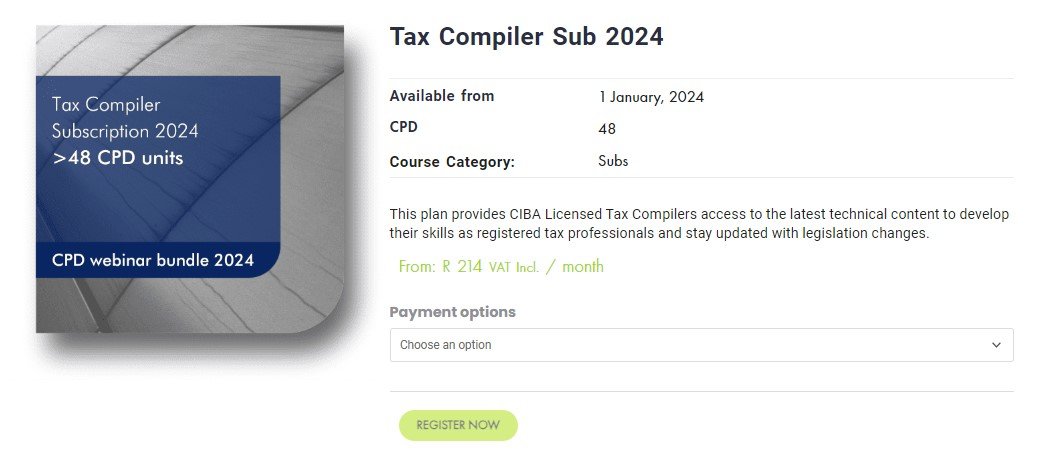Avoid Criminal Charges with Due Diligence Processes
Amended Legislation Brings in Criminal Charges
In terms of the amended anti-corruption legislation companies can now be held criminally accountable if they fail to enforce adequate anti-corruption measures, especially in their relationships with third parties such as consultants or contractors. The expectation is that companies have to put in place robust procedures to prevent misconduct.
The amendments incorporated into the Judicial Matters Amendment Act and modifying the Prevention and Combating of Corrupt Activities Act (PRECCA), introduce significant new obligations. Consequently, entities operating in South Africa should reassess their current protocols aimed at managing the risk of corruption within their operations in South Africa.
The amendments are part of a broader governmental push against corruption, with more initiatives expected. The successful implementation of these laws is crucial for South Africa’s efforts to improve its international standing and potentially be removed from the Financial Action Task Force's "Grey List."
Key implications for South African entities
Expanded Criminal Liability: The amendments create a new offence for failing to implement controls prevent corrupt activities. This provision holds members of the private sector and incorporated state-owned entities criminally liable if associated individuals, like employees or third-party contractors, engage in corruption. This expansion of liability underscores the necessity for robust governance and compliance mechanisms within organisations.
Implementation of Anti-corruption Measures: Under the new law, no offence is committed if an entity has “adequate procedures” in place to prevent corruption by its associates. This aligns South African law with international standards, such as the UK’s “Six Principles” approach to anti-corruption, which includes proportionality, top-level commitment, risk assessment, due diligence, communication, and monitoring and review. The adoption of such comprehensive anti-corruption strategies is now crucial for legal compliance and protecting the organisation from potential liabilities.
Implications for Compliance Programs: The law’s emphasis on preventing corruption necessitates that entities, advised by tax and legal professionals, implement, and strengthen their compliance programs. This includes extending risk mitigation controls to cover not just direct employees but also third parties like independent contractors, reflecting the law’s broad definition of “association.”
To give an example, imagine "BuildCo," a construction company that outsources work to third-party contractors but neglects to implement required anti-corruption measures. One contractor bribes a government official to expedite a permit. The bribe is later discovered during an audit. Since BuildCo failed to monitor its contractors for corruption, it can now be criminally charged under the revised anti-corruption legislation, facing fines and operational restrictions.
In his recent article, Edward James an expert in global investigations at Pinsent Masons, stated that: “the major change with the new offence is it introduces a strict liability regime for wrongdoing by associated persons – save where companies can satisfy an ‘adequate procedures’ defence.'“
The Impact on the Work of Accountants: Increased Due Diligence
The amended legislation has a significant impact on the work of accountants by heightening their responsibilities and the associated risks. These include:
Increased due diligence during the client acceptance process to ensure compliance with the new laws.
Means more extensive documentation and a deeper understanding of the client's business and its associated risks, especially in terms of their financial dealings and third-party relationships.
Such measures are vital to identify potential corruption risks and to avoid inadvertently facilitating illegal activities.
Failure to adequately assess and document internal controls increases the risk for entities, including accountancy firms, potentially leading to legal consequences and damage to reputation. Therefore, accountants are now crucial in guiding businesses to adhere strictly to the new anti-corruption protocols, thereby mitigating risks and ensuring legal compliance.
CIBA’s Tax Standards Annexure A includes a list of considerations for tax practitioners to consider before accepting the client.
Inform your clients regarding their responsibilities using CIBA’s handy template letter below.
By subscribing to the Tax Compiler or Tax Advisor Subscriptions you will gain access to monthly webinars covering various topics; which will enable you to:
Be aware of the latest legislative changes and what it means for your business, practice, and your clients;
Prepare compliant taxation returns fast;
Issue reliable taxation calculations on financial statements;
Understand the laws and regulations that govern taxation; and
Perform tax compiler services.




